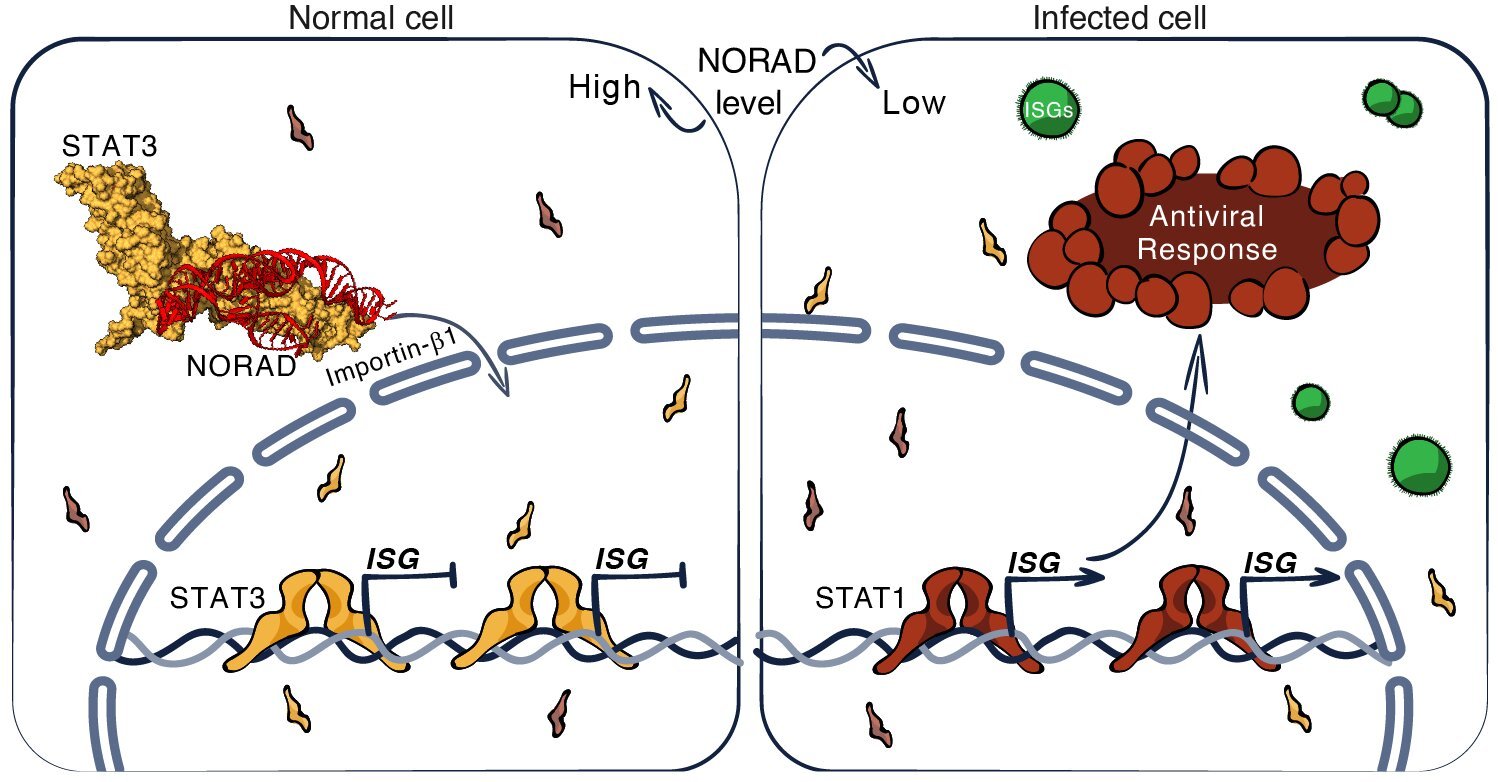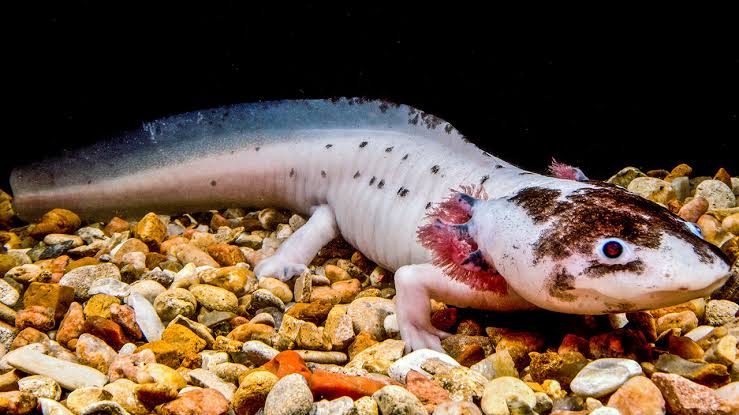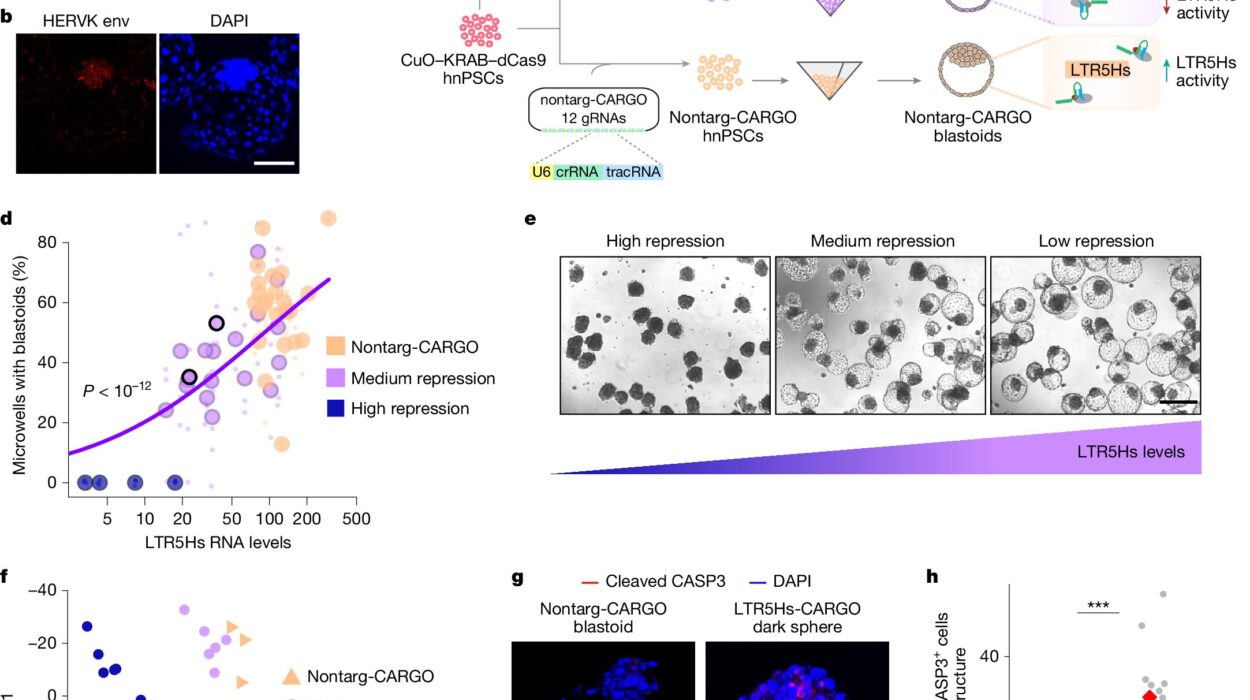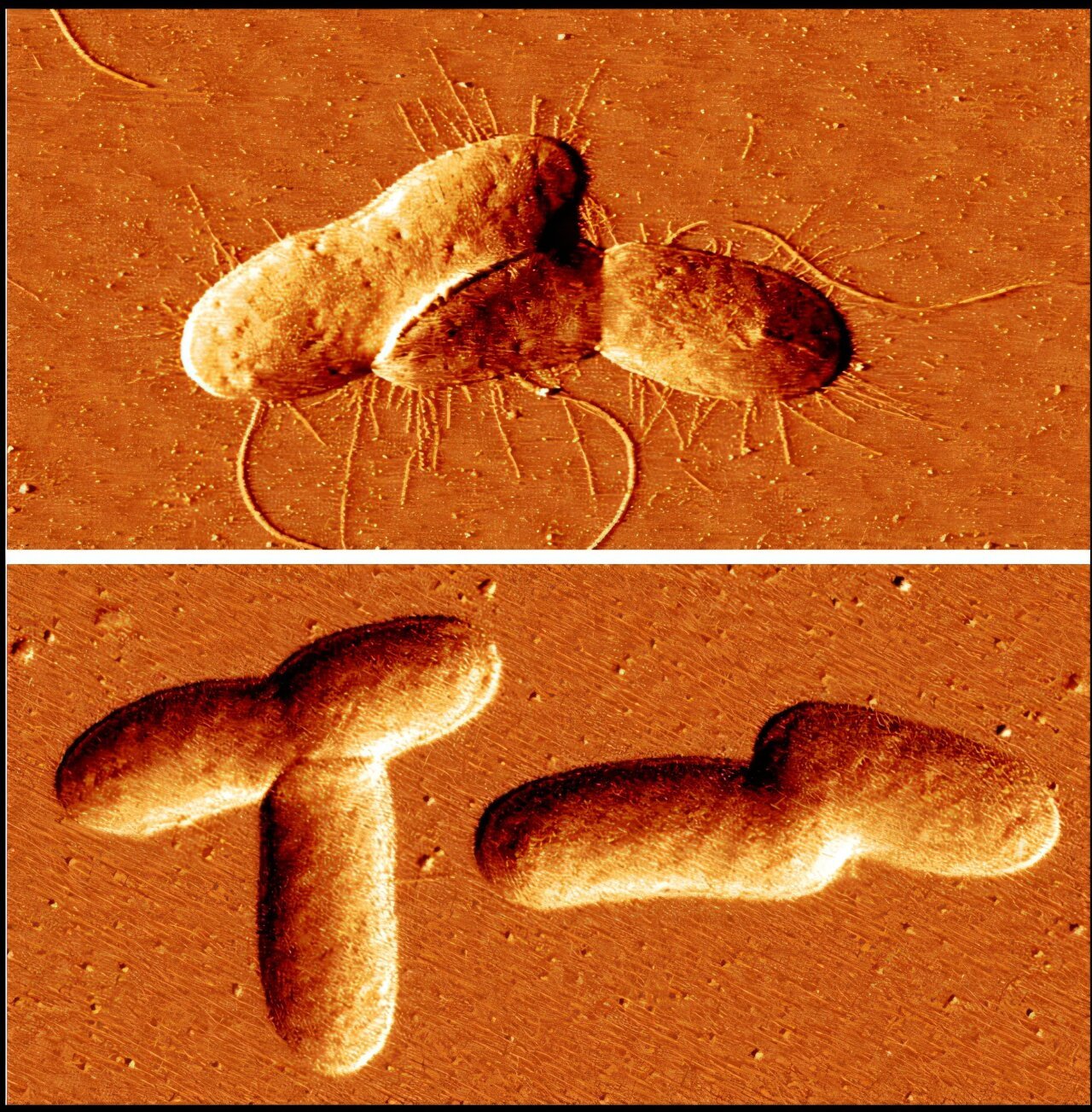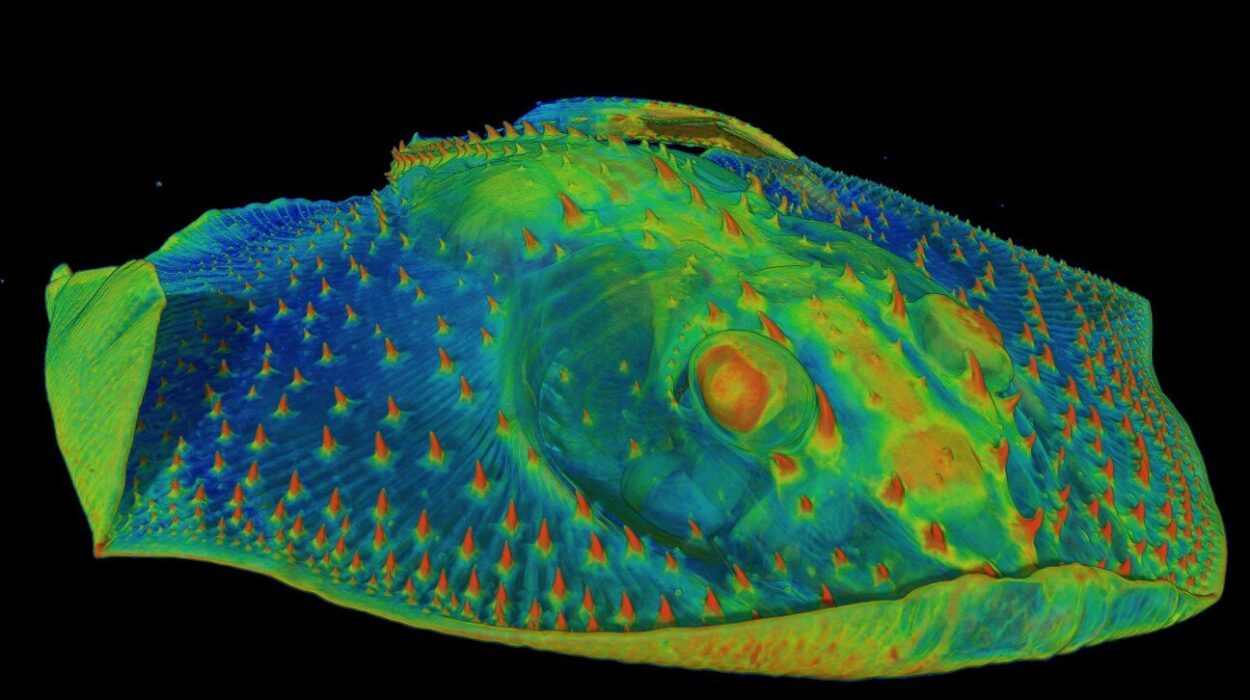Researchers at the Technion-Israel Institute of Technology have made a groundbreaking discovery about the immune system’s ability to rapidly defend against viruses. This new genetic mechanism could lead to innovative therapeutic strategies and enhance our understanding of immune response mechanisms. The findings, published in Nature Communications, could offer exciting new avenues for treating viral infections and improving immunity.
The research, led by Prof. Yael Mandel-Gutfreund from the Technion’s Faculty of Biology, along with Dr. Amir Argoetti, who conducted the study as part of his doctoral research, focuses on a novel interaction between two crucial genetic molecules: NORAD and STAT3.
The Key Players: NORAD and STAT3
Before diving into their groundbreaking discovery, it’s important to understand the roles of the two molecules involved in the study: NORAD and STAT3.
NORAD (Non-coding RNA Activated by DNA Damage) is a unique molecule from the class of lncRNAs (long non-coding RNAs). Unlike most RNA molecules, which serve as intermediates in protein synthesis by carrying genetic information, lncRNAs don’t participate in this process. Instead, they regulate a variety of genetic functions, including cell differentiation, embryonic development, and the reprogramming of adult cells back into a stem cell-like state. These molecules are pivotal in determining how cells develop into specific types (muscle, skeleton, skin, etc.), and their ability to regulate gene expression is critical for maintaining cellular health.
STAT3 (Signal Transducer and Activator of Transcription 3) is a protein that is central to the regulation of gene transcription. The protein plays a key role in various biological processes, from embryonic development to immune responses and inflammation. STAT3’s importance extends to controlling the activity of genes involved in immune system activation, including inflammation and antiviral responses.
The Mechanism: How NORAD Regulates Immunity
In their study, Prof. Mandel-Gutfreund and Dr. Argoetti uncovered a fascinating aspect of how NORAD and STAT3 interact to maintain a balance within the immune system. Under normal, healthy conditions—when the cell is not under threat from viral infections—the interaction between NORAD and STAT3 acts as a regulatory mechanism to prevent the premature activation of the immune response. Essentially, NORAD serves as a “brake” on STAT3, preventing the immune system from being activated in the absence of an actual viral threat.
However, when the cell experiences a viral attack, this protective mechanism is dismantled. The virus triggers the degradation of NORAD molecules, and this degradation has a profound impact on STAT3 activity. With the NORAD molecules no longer present to exert control, STAT3’s inhibitory effect is lifted, which activates the immune response more quickly and effectively.
In this scenario, the absence of NORAD essentially removes the brakes on the immune system, which leads to the rapid initiation of immune defenses that can halt the replication of the virus within the infected cell. This swift response prevents the virus from spreading, essentially curbing its ability to propagate throughout the organism.
Experimental Validation and Observations
To confirm their findings, the researchers conducted laboratory experiments and analyzed human cell samples. They observed that cells devoid of NORAD exhibited enhanced antiviral activity, which strongly supports the hypothesis that NORAD functions to “guard” the immune system against false activations. In cells with normal levels of NORAD, however, the immune response was more restrained, highlighting how critical NORAD is in controlling immune activation under normal conditions.
Evolutionary Implications: A Species-Specific Mechanism
A particularly fascinating aspect of this discovery is the researchers’ examination of the evolutionary history of the molecules involved. Both NORAD and STAT3 are highly conserved—meaning that they have remained relatively unchanged over millions of years of evolution, indicating their essential role in the functioning of many organisms. However, the unique interaction between these two molecules, and the specific mechanism they drive for antiviral immunity, appears to be exclusive to humans and closely related primates.
This finding underscores a case of species-specific evolution—meaning that the genetic mechanism developed in response to particular viral pressures faced by humans. The researchers speculate that this evolved defense mechanism may have emerged as a result of the evolution of viruses that could manipulate infected cells to suppress immune responses, thereby allowing the virus to evade detection.
Potential Therapeutic Applications and Future Directions
The discovery of this unique genetic mechanism opens up several exciting possibilities for therapeutic interventions. Prof. Mandel-Gutfreund and Dr. Argoetti hope that their findings will lead to new strategies for targeting immune system malfunctions. The mechanism they discovered could offer a way to correct deficiencies in the immune response, potentially allowing for faster, more efficient antiviral therapies that bypass the slower immune responses viruses can manipulate.
By harnessing the potential of this genetic mechanism, researchers could develop drugs or treatments that activate this response even in cases where NORAD or STAT3 regulation is disrupted, thereby enhancing the body’s natural defenses against a range of viruses.
Moreover, since this mechanism is highly specific to humans and primates, targeting it might allow for therapeutic strategies that have minimal effects on other mammals. This adds a layer of precision to the research, ensuring that the therapies would be both effective and selective.
Conclusion: A New Frontier in Immunology
The Technion researchers’ discovery offers a novel understanding of how the human body can adapt and respond to viral infections with increased speed and precision. By identifying how NORAD and STAT3 work together to regulate the immune system’s response to threats, this study lays the groundwork for the development of next-generation antiviral therapies.
As the world faces an ongoing struggle against new viral diseases, the insights gleaned from this research provide hope for more effective treatments that leverage the body’s own intricate defenses. The knowledge that this protective response is both rapid and specific to humans may help researchers develop innovative treatments to combat viral infections and adjust immune system responses where needed, ultimately leading to a healthier, virus-resilient future.
Reference: Amir Argoetti et al, lncRNA NORAD modulates STAT3/STAT1 balance and innate immune responses in human cells via interaction with STAT3, Nature Communications (2025). DOI: 10.1038/s41467-025-55822-0
